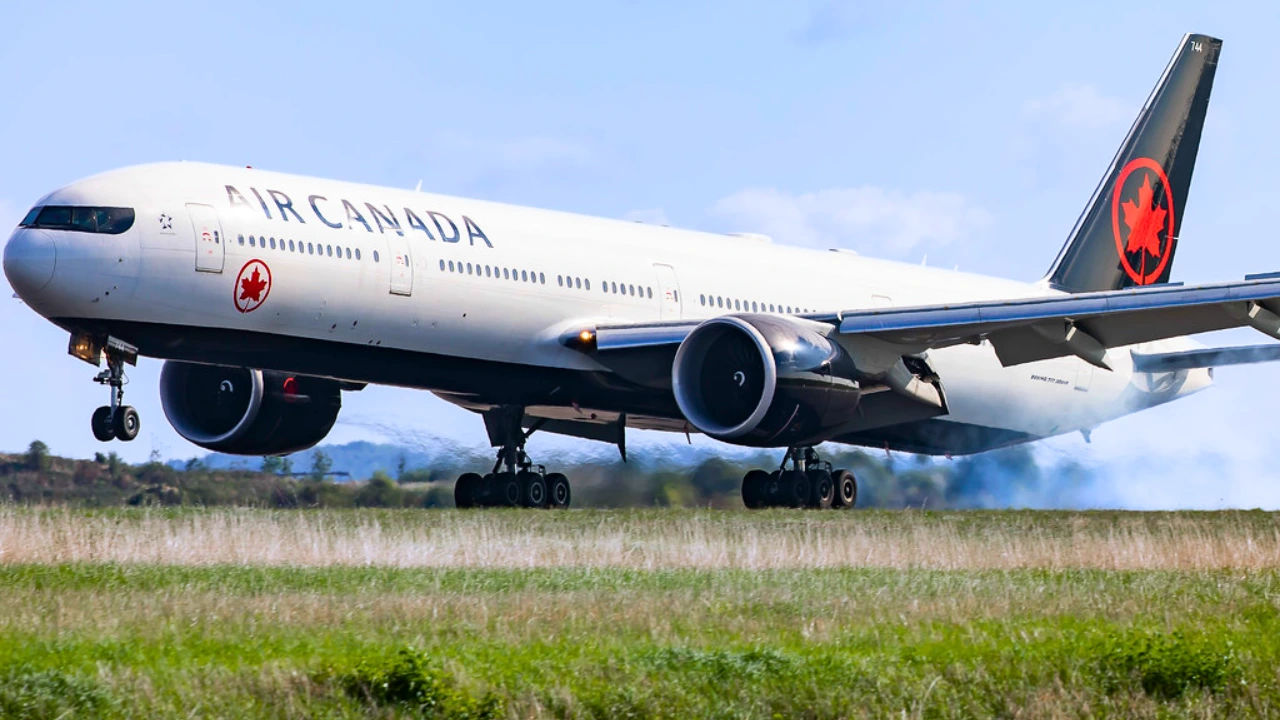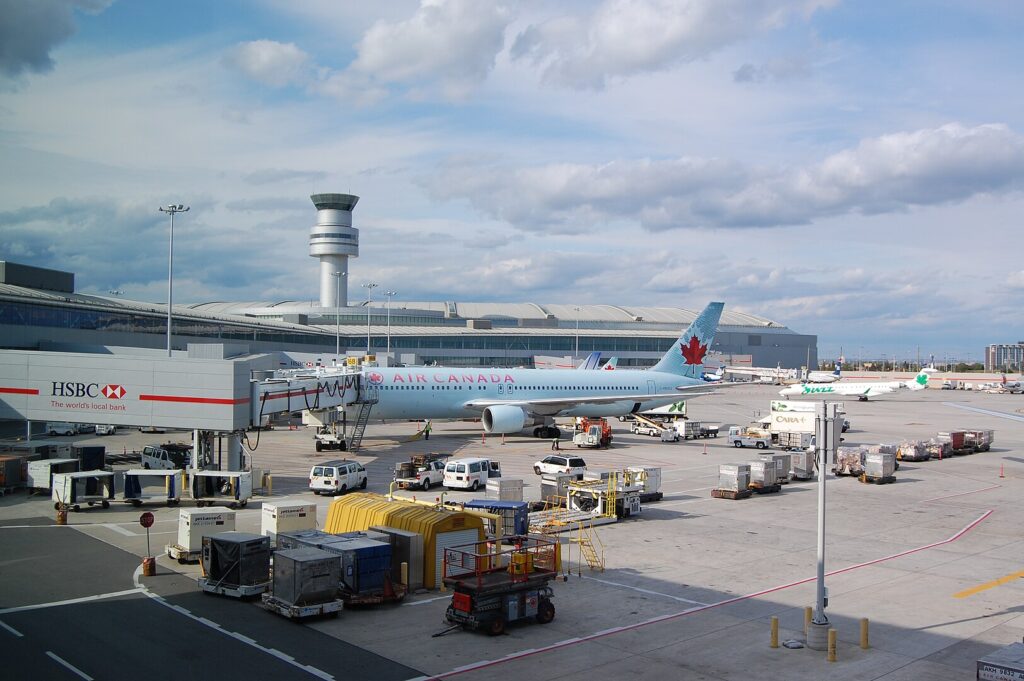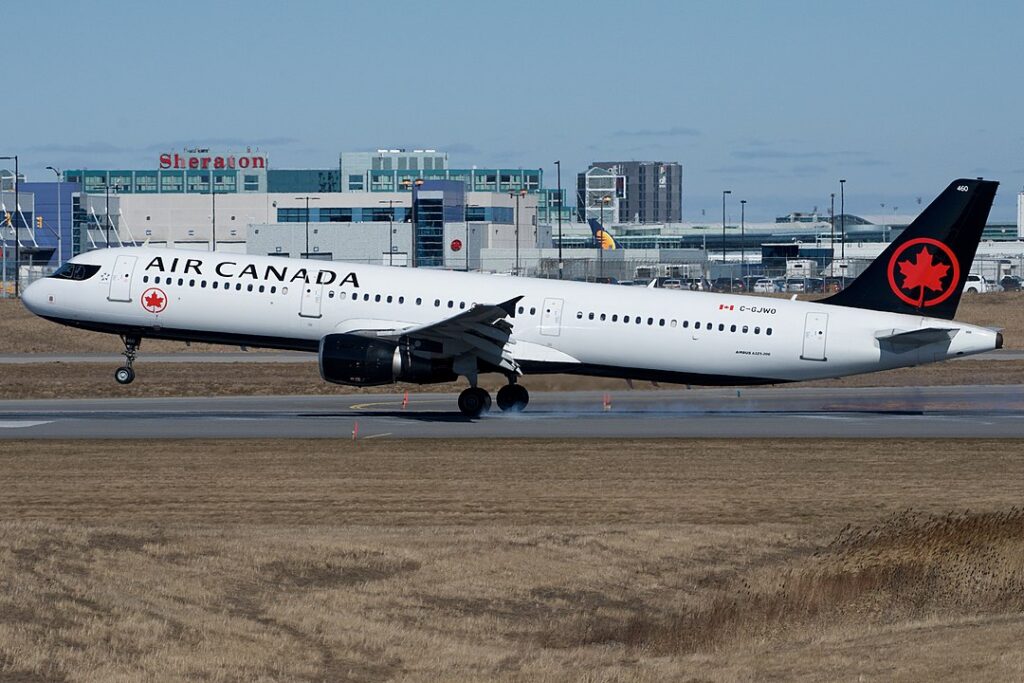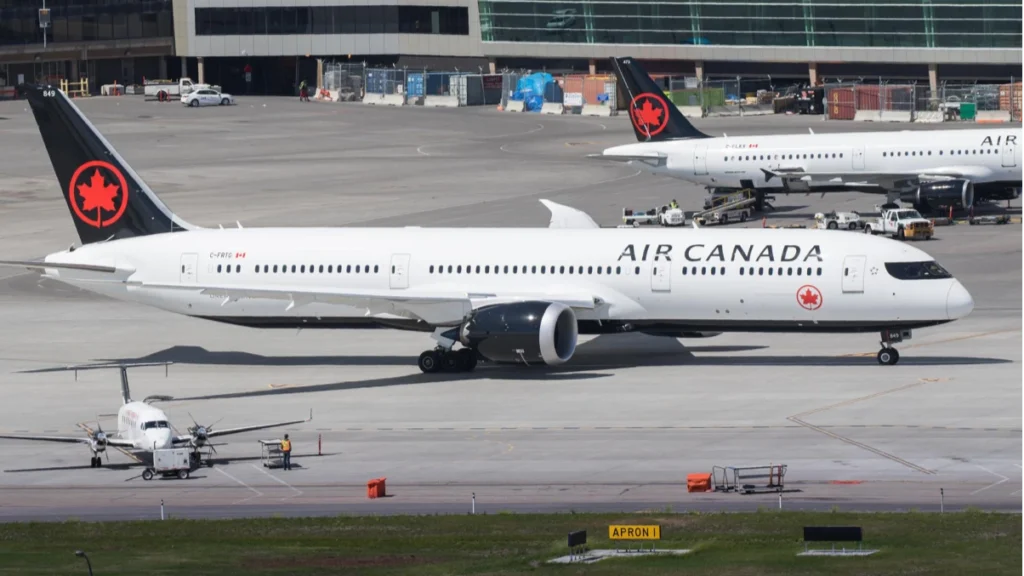Travel
Air Canada Fined $10,000 for Disrupting Couple’s Travel Plan

YUKON- In a scathing decision, the Small Claims Court of Yukon has ordered Air Canada (AC) to pay $10,000 (Canadian $10K) to a couple whose meticulously planned vacation was completely derailed by the airline’s repeated failures.
Justice Katherine L. McLeod harshly criticized Air Canada for breaching Air Passenger Protection Regulations (APPR) and subjecting the couple to what she described as a “horrendous experience.”

Air Canada Fined
The couple, residents of Yukon, had carefully saved for three years to take their first child-free vacation. They strategically arranged time off work and secured child care for their three children, planning a nine-day resort stay in Cuba scheduled for February 2023. Their dream vacation quickly unraveled upon arriving in Toronto for their flight.
At the airport, passengers discovered the flight was overbooked. Air Canada representatives offered compensation to volunteers willing to give up their seats, promising alternative transportation via an American Airlines flight that would eventually get them to Cuba.
The airline formally acknowledged this scenario as a “denial of boarding” incident.
The couple’s vacation nightmare began when they accepted Air Canada’s offer to be bumped from their overbooked flight. Hours later, they discovered no alternative flight existed, marking the start of a three-day transportation ordeal that would ultimately devastate their long-planned trip.
Air Canada shuttled the passengers between multiple Canadian airports, including Montreal, Toronto, and Edmonton, without providing a viable route to their destination. The airline consistently failed to communicate effectively or offer legitimate replacement travel arrangements.
At one point, Air Canada claimed to have arranged tickets on an Air Transat (TS) flight, but upon arrival at the airline’s information desk, no record of these tickets existed.
Forced to take matters into their own hands, the couple purchased tickets to Cancun, Mexico, in a desperate attempt to salvage their vacation. This emergency booking required additional time off work, resulting in lost income and compounding their financial and emotional stress.


Failed Completely
The Small Claims Court of Yukon’s decision highlighted Air Canada’s comprehensive failure to meet Air Passenger Protection Regulations (APPR).
Specifically, the airline violated regulations requiring written confirmation of alternative travel arrangements for passengers voluntarily giving up their seats on overbooked flights.
Justice Katherine L. McLeod was unequivocal in her assessment, stating that Air Canada “failed completely” in its communication duty and caused “enormous stress” to the passengers.
The court rejected the airline’s arguments, which included claims of weather-related delays and assertions that the $2,400 per passenger compensation fulfilled their legal obligations.
Air Canada reimbursed the plaintiffs $1,800 for hotel and food expenses after legal action, but the court determined this compensation inadequately covered their total financial losses. The judge identified additional uncompensated costs, including new flight bookings and lost income.
Plaintiff Tosh Southwick celebrated the victory, highlighting the case’s potential to establish a precedent for future air passenger rights disputes. The win comes amid a significant backlog of over 80,000 air passenger complaints registered with the Canadian Transportation Agency as of early November.


Complex Compensation Rules
Canada’s transportation regulations remain complex and challenging for passengers seeking compensation. Current rules, implemented in 2019, require airlines to compensate passengers for delays within their control, such as overbooking. However, airlines can still deny compensation by claiming external circumstances caused disruptions.
The proposed 2023 regulatory updates would mandate airlines to compensate passengers for flight disruptions unless they can prove “exceptional circumstances.” Despite these proposed changes, a Transportation Agency spokesperson confirmed with CBC News no definitive timeline exists for finalizing the new regulations.
Justice Katherine L. McLeod’s decision extensively criticized Air Canada’s reliance on automated booking systems. She emphasized the critical need for human intervention in travel problem-solving, writing that computer-only decision-making frequently fails passengers.
“Had a human being examined available alternative travel, provided proper documentation, and evaluated the feasibility of travel plans selected by corporate computer systems, most of this situation would have been avoided,” McLeod stated in her ruling.
Featured Image by Clément Alloing | Flickr
Stay tuned with us. Further, follow us on social media for the latest updates.
Join us on Telegram Group for the Latest Aviation Updates. Subsequently, follow us on Google News









